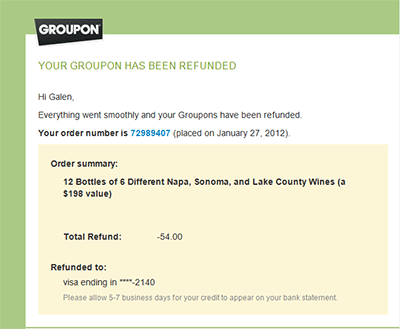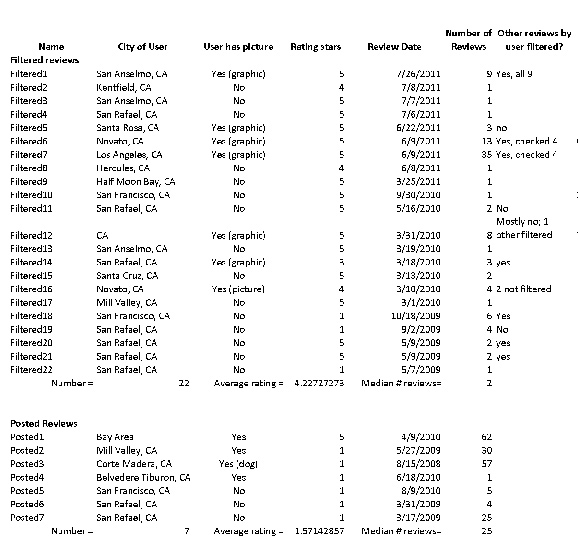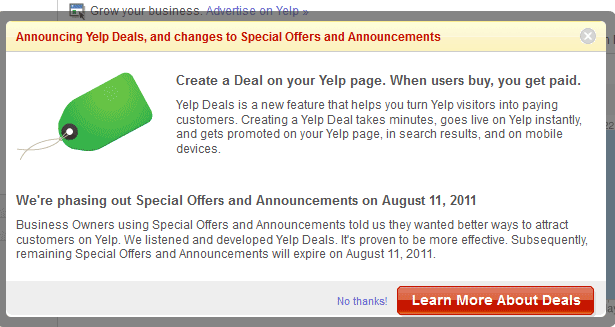Should You Advertise on Yelp?
The social media business review website Yelp reported that its revenue grew by 67% last quarter as it aggressively pushes its advertising and co-branding strategies.
Many of my clients are getting emails and phone calls from Yelp suggesting that they jump on board the Yelp advertising bandwagon. The come-ons suggest both straight-forward advertising campaigns and they suggest that the businesses offer special Yelp deals for customers that check-in at the business using a mobile device.
“Should I advertise with Yelp?” is a frequent question I get asked.
It depends. On one hand:
- Yelp is read by a lot of people searching for restaurants and services.
- One of my professional services clients gets at least a phone call a week from a prospective client who says that they found them on Yelp.
On the other hand:
- Yelp is expensive. Its monthly packages run from $300 to $1000 or more.
- Advertising on Yelp drives people to your page on Yelp and not directly to your website. Your Yelp page will include negative reviews of your business, and they may be prominently displayed, depending upon Yelp’s mysterious algorithms. Being a Yelp advertiser gives you no additional ability to focus clients on your positive reviews or to respond to or remove untrue negative comments. So you could wind up paying for ads that drive potential customers to the worst comments of your worst clients. (Every business will, sooner or later, get a scathing review. This is true whether you deserve it or not.)
Here’s what I tell my clients wondering about advertising on Yelp
Since Yelp ads drive people to your business’ Yelp page, it makes sense to advertise only if you already have a good number of positive reviews. There is no point in sending people to your Yelp page if there are no glowing reports of what you do.
Moreover, most of my clients offer professional services which do not lead to social media tie ins. So, I recommend that my clients buy the traditional Yelp ads and steer clear of the Yelp deals and other specials that are designed to grab attention in smart phone apps. I struggle to think of what a CPA firm can offer to snag impulse buyers looking at their phones as they walk by the firm’s office. Similarly, I cannot suggest a special that a criminal defense attorney can offer someone who checks in at their office on a iPhone.
Yes, Yelp is a good, aggressive business. If your customers love you and have already Yelped their happiness, drawing attention to your happy clients will attract new ones.
Should you advertise with Yelp? Look at your current Yelp page. What’s there will tell you if a Yelp advertising campaign makes sense.





